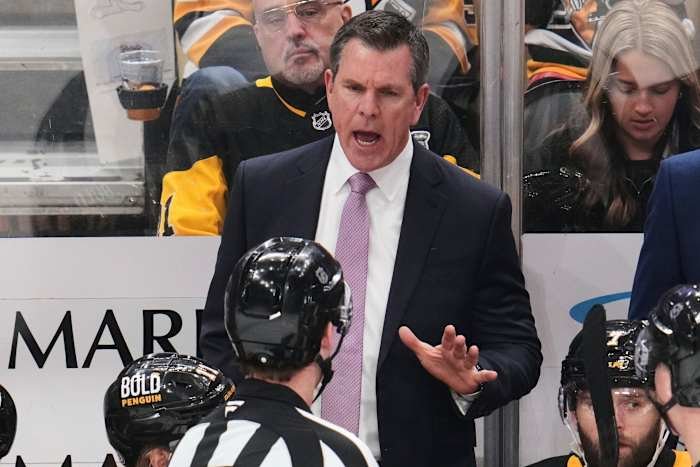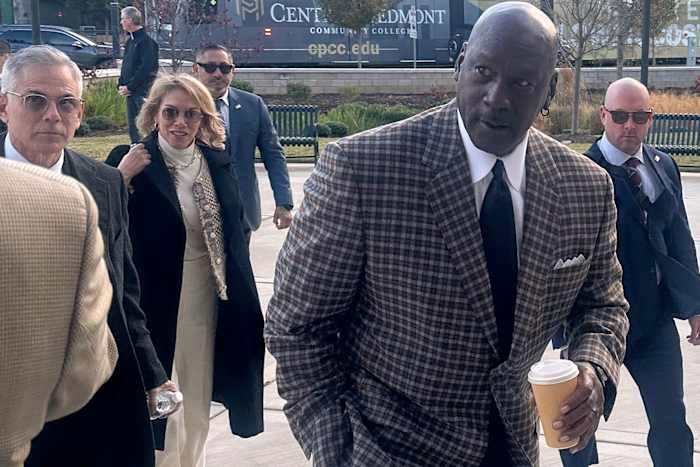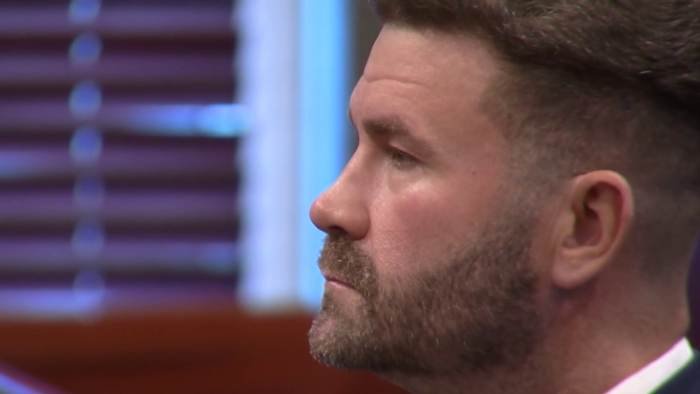Introduction
In recent weeks, President Donald Trump has noticeably shifted his campaign rhetoric from a primary focus on immigration to a renewed emphasis on crime, particularly highlighting issues in Washington, D.C. This pivot is more than just a change in messaging—it’s a calculated move that reflects shifting public sentiments captured in recent polling. But what do these polls actually say about the effectiveness of this strategy, and how does it resonate with voters in places like Orlando? As we approach the next election, understanding these trends is crucial for both residents and policymakers in Central Florida.
Polling Trends: From Border Security to Public Safety
For much of his political career, Trump has centered immigration as a core campaign issue, promising stronger borders and tough enforcement. However, polls conducted in early 2024 began to show that while immigration remains important to many voters, concerns about crime—especially violent crime in major cities—have surged in the public consciousness. A recent Pew Research Center survey found that 60% of respondents now list crime as one of their top concerns, compared to 53% for immigration.
This shift is especially pronounced among independent and suburban voters, key demographics in swing states like Florida. Here in Orlando, where residents are no strangers to debates over both immigration and public safety, the pivot is being closely watched by local officials and community leaders. Public safety has become a major talking point in Orange County Commission meetings, reflecting a broader national trend.
Why Washington, D.C. Crime Makes National Headlines
Trump’s repeated references to crime in Washington, D.C. are not accidental. The nation’s capital has seen a well-publicized uptick in certain types of violent crime, and it serves as a symbolic stand-in for urban crime concerns nationwide. By focusing on D.C., Trump aims to draw a direct line between Democratic leadership and public safety woes, hoping to energize voters who fear similar issues in their own cities.
For Orlando residents, this narrative can feel particularly relevant. With tourism as the backbone of the local economy, Orlando’s safety record is always under scrutiny. High-profile crimes—even those occurring far from Central Florida—can influence perceptions and impact decisions by prospective visitors and residents alike. Trump’s emphasis on D.C. crime serves as a warning of what he claims could happen elsewhere if tougher measures aren’t adopted.
Orlando’s Crime Rates in Context
While national headlines may focus on other cities, Orlando’s actual crime statistics tell a more nuanced story. According to the Orlando Police Department, violent crime rates have fluctuated over the past decade but remain lower than in many similarly sized cities. Property crime, however, remains a persistent challenge, especially in tourist-heavy areas.
Local officials contend that proactive policing and community outreach have helped keep Orlando relatively safe. Still, the city is not immune to national trends. The perception of rising crime—sometimes fueled as much by political messaging as by statistics—can have real consequences. For example, city leaders often cite the importance of perception in keeping tourism robust and attracting new residents. As campaigns heat up, how Orlando is portrayed in national conversations can influence everything from local policy priorities to economic development initiatives.
How Orlando Voters Are Responding
Florida, and Orlando in particular, remains a key battleground in national elections. Polling suggests that Central Floridians are divided in their priorities, with some echoing Trump’s calls for tougher crime policies while others remain more concerned about issues like housing affordability and healthcare. In a recent poll of Florida voters, 57% said crime was a “very important” issue, but 49% said the same about immigration, indicating that both still matter greatly to the electorate.
Local advocacy groups in Orlando have responded by calling for balanced approaches—supporting efforts to reduce crime while also addressing underlying social issues. Some residents express concern that national political rhetoric can overshadow the unique challenges and successes of their city. As Election Day approaches, expect Orlando’s diverse communities to play a pivotal role in shaping which issues take center stage in the national debate.
Conclusion
President Trump’s pivot from immigration to crime is grounded in a shifting public mood, as revealed by recent polling. While the strategy may resonate with certain voters concerned about public safety, it also raises questions about how national narratives shape perceptions of local communities like Orlando. As our city continues to grapple with its own public safety challenges and successes, it’s more important than ever for residents to stay informed and engaged.
What do you think about the recent shift in campaign focus from immigration to crime? How do these issues impact your daily life in Orlando? Share your thoughts in the comments below—we want to hear from you!
















